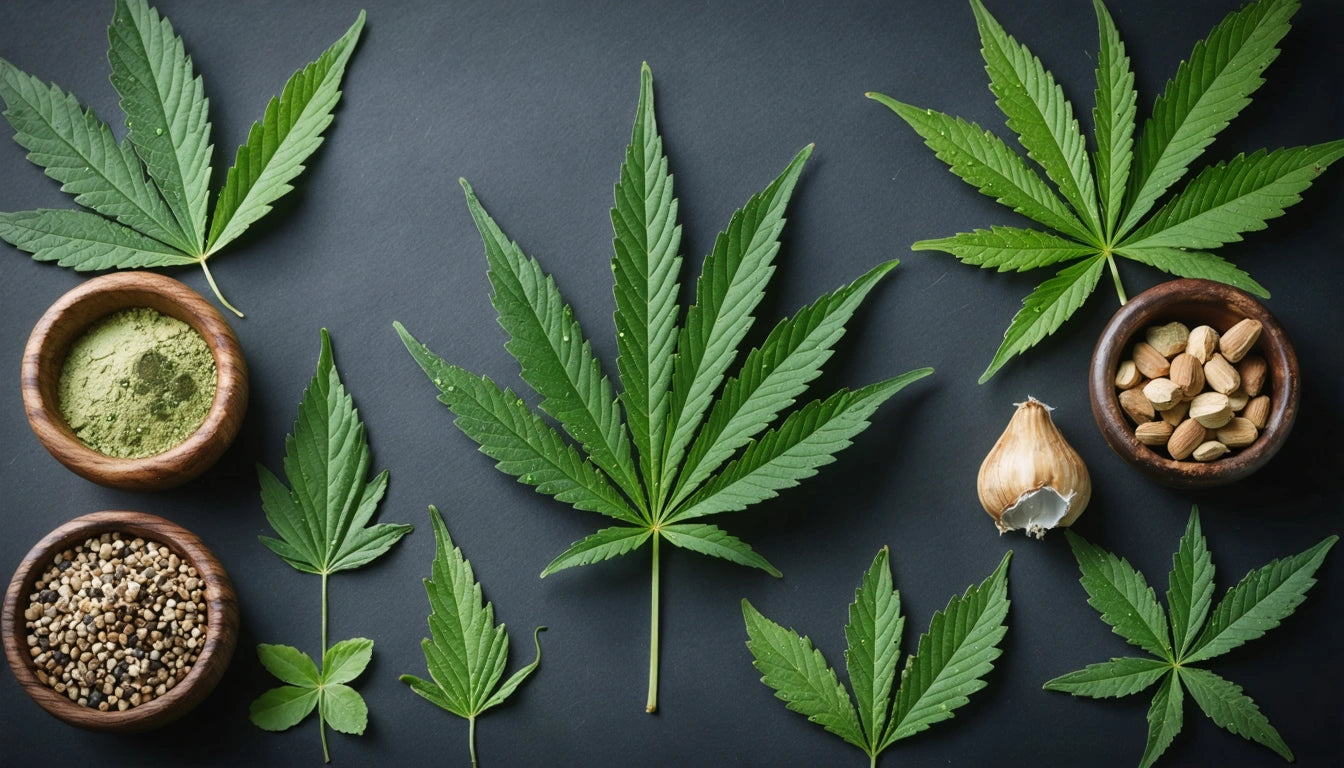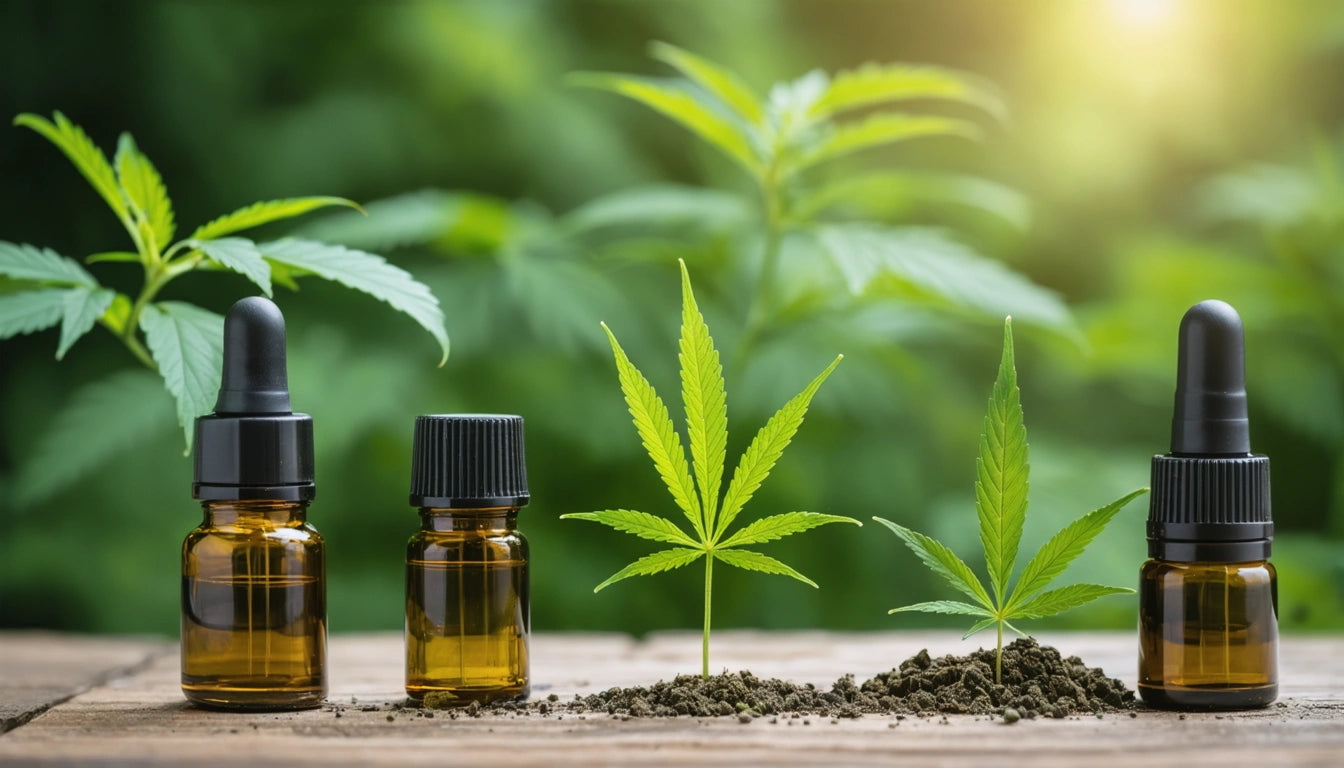Table of Contents
- Understanding Regenerative Packaging in Cannabis
- Compostable Materials Innovation for Cannabis Products
- Balancing Sustainability with Compliance Requirements
- Product-Specific Sustainable Packaging Solutions
- Implementation Strategies for Cannabis Brands
- Market Impact and Consumer Response to Eco-Friendly Packaging
- Future Innovations Driving Cannabis Packaging Sustainability
As the cannabis industry matures, sustainability has evolved from a marketing advantage to a business imperative. Regenerative and compostable packaging represents the next frontier in cannabis sustainability efforts, offering solutions that go beyond recycling to create truly circular systems. This shift addresses growing consumer demand for environmentally responsible products while helping brands differentiate in an increasingly competitive market.
Understanding Regenerative Packaging in Cannabis
Regenerative packaging takes sustainability beyond minimizing harm to actively restoring environmental systems. Unlike conventional packaging that depletes resources, regenerative materials contribute positively to ecosystems through biodegradation that enriches soil or through production methods that sequester carbon.
Hemp-based packaging exemplifies this approach, as hemp cultivation can improve soil health, require minimal pesticides, and capture carbon. When these materials break down, they return nutrients to the soil rather than leaving microplastics or chemical residues. Sustainable packaging in cannabis continues to evolve with these regenerative principles at the forefront.
Compostable Materials Innovation for Cannabis Products
True compostability means packaging breaks down completely into non-toxic components within a specific timeframe. Several innovative materials are gaining traction in cannabis packaging:
- Plant-based bioplastics derived from corn, sugarcane, or algae
- Mushroom mycelium packaging that grows into custom shapes
- Seaweed-based films and containers that dissolve in water
- Agricultural waste composites using coffee grounds or cannabis stems
- Cellulose-based materials from responsibly managed forests
These materials offer promising alternatives to conventional plastics while maintaining the protective qualities necessary for cannabis products. For instance, our sustainable jar lids and closures provide the necessary child-resistance while incorporating eco-friendly materials that reduce environmental impact.
Balancing Sustainability with Compliance Requirements
The challenge for cannabis brands lies in reconciling sustainability goals with regulatory compliance. Child-resistant packaging requirements often necessitate complex structures or additional materials that can complicate sustainability efforts.
Innovative brands are finding solutions through:
- Compostable child-resistant pouches with plant-based zippers
- Reusable glass containers with compostable child-resistant lids
- Hemp-plastic composite containers that maintain structural integrity
- Paper-based packaging with compostable barrier coatings
These approaches demonstrate that compliance and sustainability can coexist with thoughtful design and material selection.
Product-Specific Sustainable Packaging Solutions
Flower Packaging
Cannabis flower requires packaging that preserves terpenes and prevents moisture loss. Sustainable flower packaging solutions now include compostable barrier bags, glass jars with compostable liners, and hemp-based containers that maintain freshness while minimizing environmental impact.
Edibles Packaging
Edibles present unique challenges due to food safety requirements and shelf life concerns. Compliant edible packaging is evolving to include compostable films with effective oxygen barriers and plant-based trays that maintain product integrity.
Concentrates and Vape Products
These products often require specialized materials to prevent degradation. Concentrate packaging innovations now include compostable silicone containers and reclaimed materials for durable components like vape cartridge packaging.
Implementation Strategies for Cannabis Brands
Transitioning to regenerative and compostable packaging requires strategic planning. Brands should consider:
- Conducting a packaging audit to identify high-impact change opportunities
- Phasing in sustainable options as part of a budgeted packaging strategy
- Educating consumers about proper disposal and composting methods
- Partnering with composting facilities to ensure end-of-life processing
- Implementing take-back programs to create closed-loop systems
These approaches can make sustainability initiatives more manageable while maximizing environmental benefits.
Market Impact and Consumer Response to Eco-Friendly Packaging
Sustainable packaging influences purchasing decisions, particularly among environmentally conscious consumers. Brands that effectively communicate their sustainability initiatives through thoughtful branding and packaging design can command premium pricing and build stronger customer loyalty.
Research indicates that consumers increasingly expect cannabis brands to minimize environmental impact. By adopting regenerative packaging solutions, companies can align with these values while differentiating their products in a crowded marketplace.
Future Innovations Driving Cannabis Packaging Sustainability
The future of cannabis packaging will likely see accelerated innovation in regenerative materials. Emerging technologies include:
- Packaging that captures carbon during production
- Living packaging materials that continue to sequester carbon after disposal
- Edible packaging components for appropriate product types
- Biomimicry-inspired designs that minimize material use
- Integration with smart packaging technologies to reduce waste through improved inventory management
These innovations will help the cannabis industry move beyond sustainability as damage control toward truly regenerative business practices that benefit ecosystems and communities.
As regulations evolve and consumer expectations rise, regenerative and compostable packaging will become the new standard for cannabis brands committed to environmental stewardship and long-term business success.











Leave a comment
All comments are moderated before being published.
This site is protected by hCaptcha and the hCaptcha Privacy Policy and Terms of Service apply.